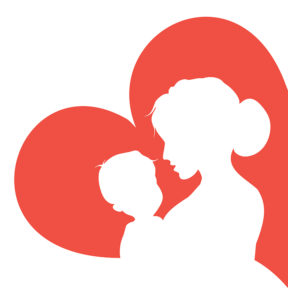Do you believe everything you see, hear, or read? Where is the line between news and opinion? I’m sure we’d all like to believe that independent, unbiased journalism truly exists, but does it?
Even in what are considered eye witness situationsthere are often debates—even legal battles—about what is “true.” From politics, immigration policy, and foreign affairs, to law enforcement and race relations, it seems that where and how onereceives information has a lot to do with one’s understanding and opinions. And to a large degree, I’d say Marshall McCluhan’s assertion that “The Medium is the Message,” is correct.
As information technology has advanced, freedom of expression is increasingly threatened, yet many Americans seem unaware or unconcerned about the problem. One’s opinion is appropriate, but only so long as popular culture deems it so. This problem exists even in the realm of science and so-called “hard facts.” When some scientists raise legitimate questions about whether human activity is the driving force in today’s weather for example, they are mocked and labeled “deniers” of today’s culturally-accepted climate change model. This harkens back to the time when “settled science” proclaimed Earth as being the center of the universe and heretics like Galileo were imprisoned for their theories.
We’re all aware—or should be—about the limits of free speech. One can be charged with a crime by yelling the word “fire” in a crowded theater, for example. But that does not mean the word “fire,” is an illegal word. And yet, today, apparently, there are words and even ideas that are verboten. Case in point: last years’ anarchist mob that rioted at the U.C. Berkeley campus, all to prevent a controversial speaker from sharing his thoughts. This tendency toward censorship poses a genuine danger to our republic and way of life.
Ask a dozen people where they go for unbiased information and you might get a dozen different sources. That said, I’d guess many believe  the “purest” information source to be the internet—and that means Google. Are Google and our other information gatekeepers unbiased? They claim to be, but then in the same breath say they filter out “hate speech”—a purely subjective notion guided largely by what is politically correct at any given moment.
the “purest” information source to be the internet—and that means Google. Are Google and our other information gatekeepers unbiased? They claim to be, but then in the same breath say they filter out “hate speech”—a purely subjective notion guided largely by what is politically correct at any given moment.
Regardless of algorithms and claims of fact or fake, whether on the delivering or receiving end of information, our perception of reality is colored by our own experience. Sometimes this means we cannot help but be biased to some degree. By just being aware of this, we can be more reasonable in considering other points of view.
Part of being Americans is accepting the responsibility to dig a bit deeper into matters of great importance, and to defend freedom of speech, even if don’t agree with what’s being said.
.








